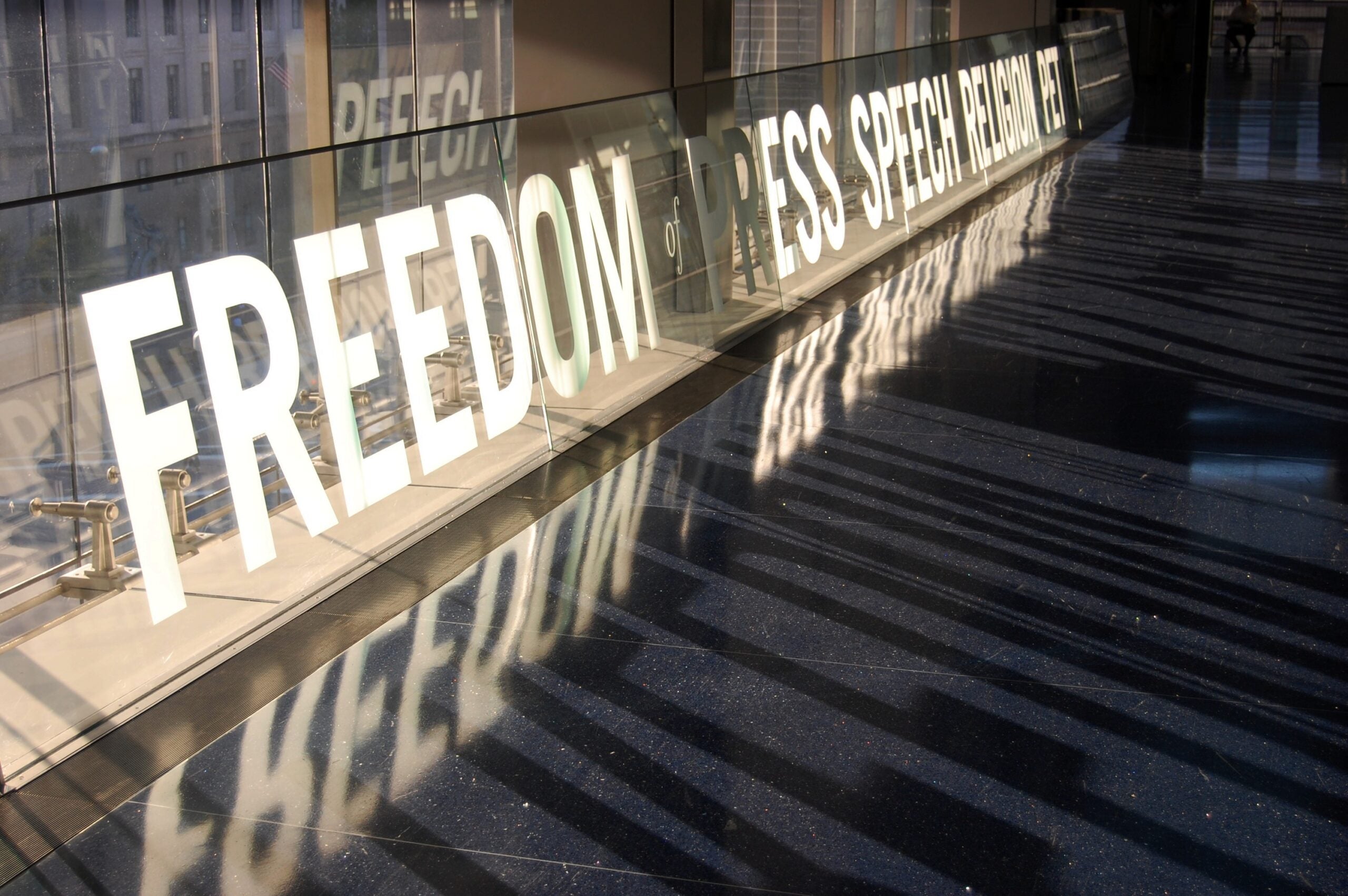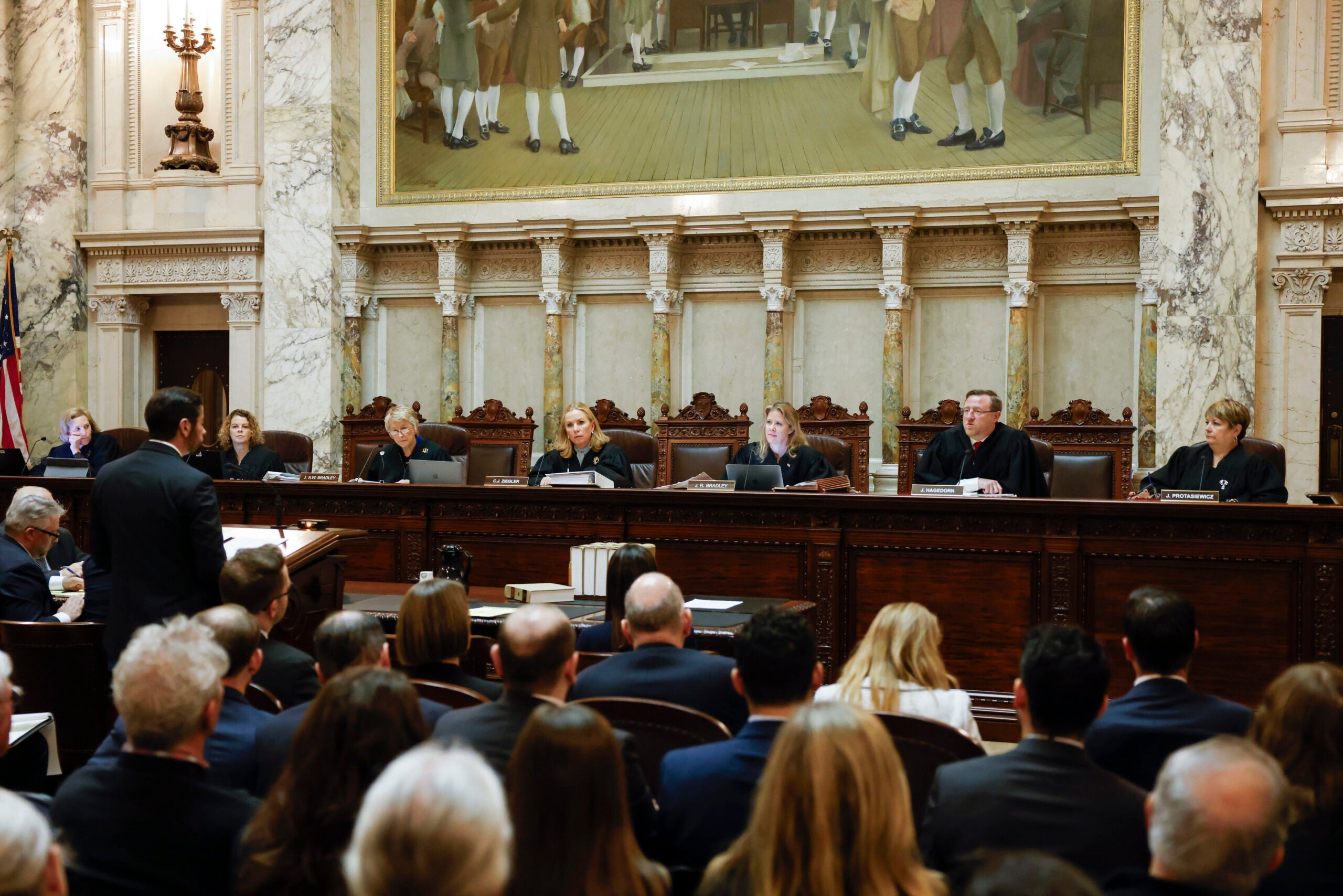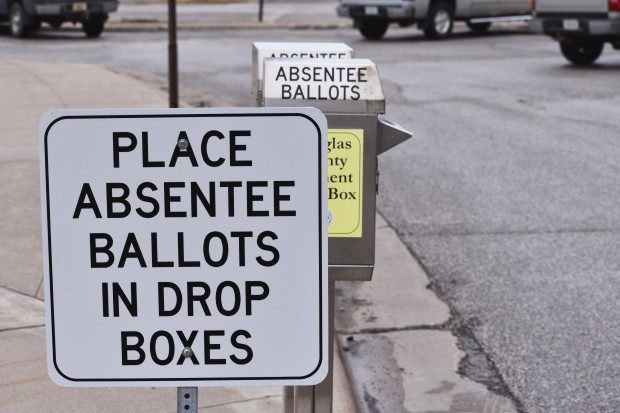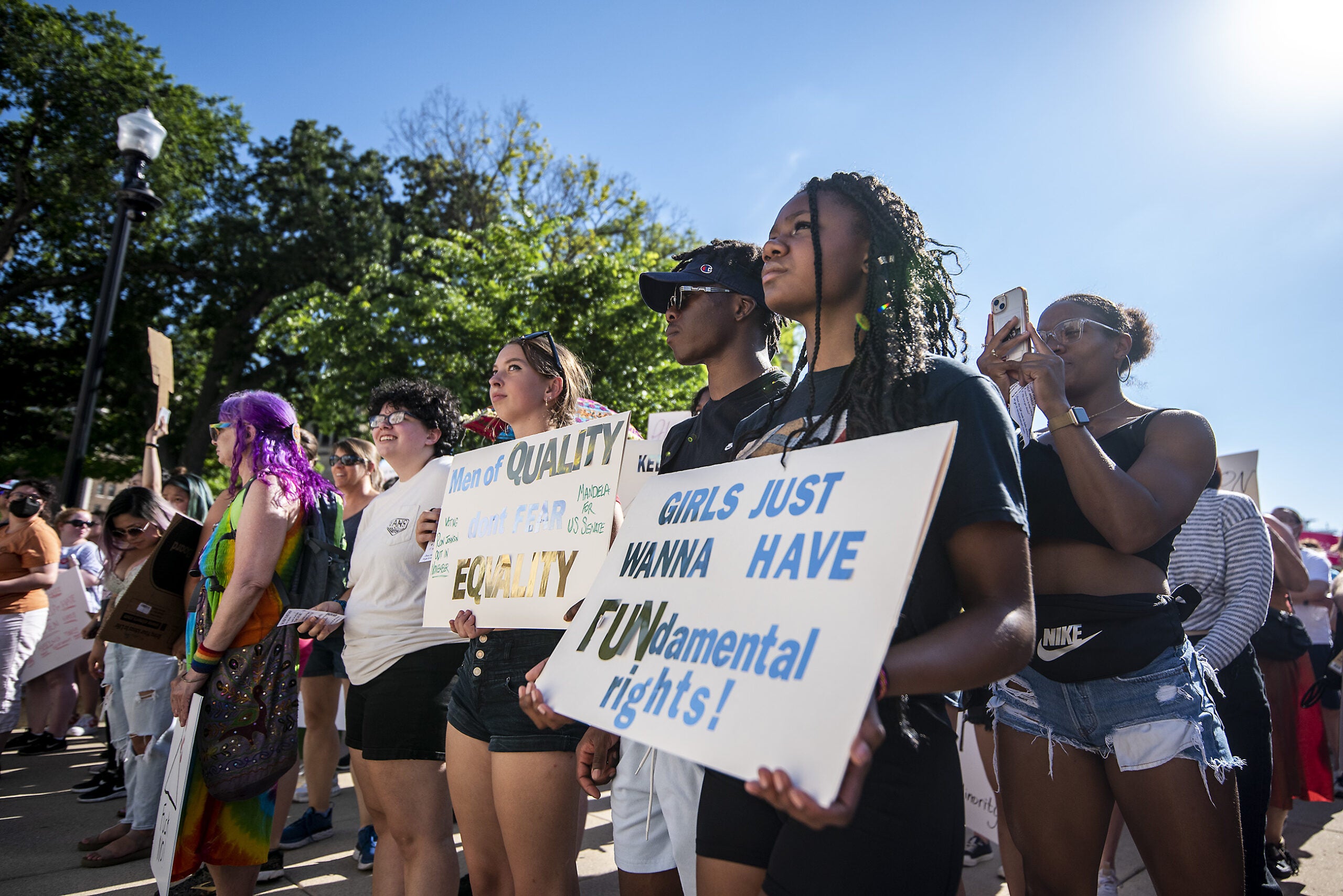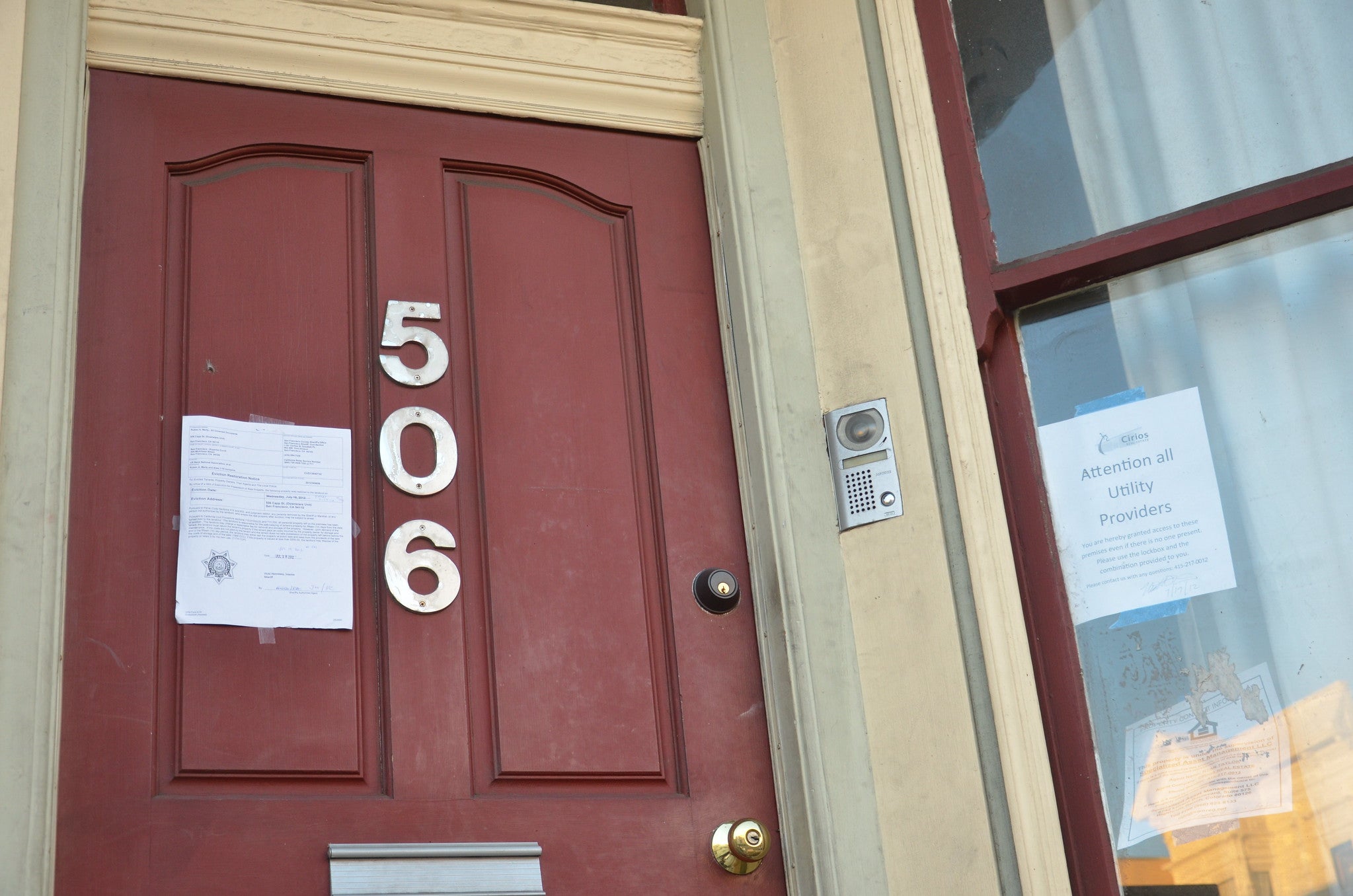A bipartisan bill making its way through the state Legislature would make it easier for people to recover legal fees if they sued a government body to access public records.
The bill has received bipartisan support and united government transparency and free press advocacy groups with conservative activist groups, including the Wisconsin Institute for Law and Liberty.
It is a response to a Wisconsin Supreme Court ruling from last summer that tightened the state’s public records law. That ruling found that legal fees may only be recovered if the lawsuit resulted in a court judgment, but not if the records were released voluntarily along the way. The proposed legislation would allow fees to be recovered without a final court order.
Stay informed on the latest news
Sign up for WPR’s email newsletter.
Supporters say this will mean that ordinary people will feel more empowered to pursue governmental records without fear of racking up exorbitant legal fees. They also argue it will incentivize the government to respond quickly to records requests instead of dragging a request through a lengthy, and costly, court process.
“The fact that a conservative law firm is leading the charge for a statutory fix to the problem that was created by the Supreme Court decision just shows that this was a bad decision,” said Bill Lueders, president of the Wisconsin Freedom of Information Council. “People who care about transparent and open government, on the right and on the left, have come forward to recognize that there needs to be a fix in the state law.”
The current law resulted from a ruling in the case Friends of Frame Park vs. City of Waukesha. In that case, a community group had sought city records about a planned baseball stadium, and the city initially withheld certain documents. It released them after the community group filed suit.
In a 4-3 ruling, the court’s conservative majority found the city had acted legally when it withheld the document, and that the group therefore had no claim to recover its legal fees. In a dissent, Justice Jill Karofsky argued the decision would “reward government actors for strategically freezing out the public’s access to records.
“The promise of our public records laws is rendered a dead letter for all but the select few with means, leading to fewer record requests, more delays in the release of information, and, ultimately, a less informed electorate,” she wrote.
The proposed legislation passed the state Senate by unanimous voice vote on April 19. It will now make its way to the Assembly.
On its way through the Legislature, it has accrued support from the ACLU of Wisconsin, multiple free press advocacy groups and the conservative groups Americans for Prosperity and Wisconsin Manufacturers and Commerce, the state’s largest business lobby.
Authored by Rep. Todd Novak, R-Dodgeville, and Sen. Duey Stroebel, R-Saukville, it has been cosponsored by Republicans and Democrats in both chambers.
Wisconsin Public Radio, © Copyright 2024, Board of Regents of the University of Wisconsin System and Wisconsin Educational Communications Board.

